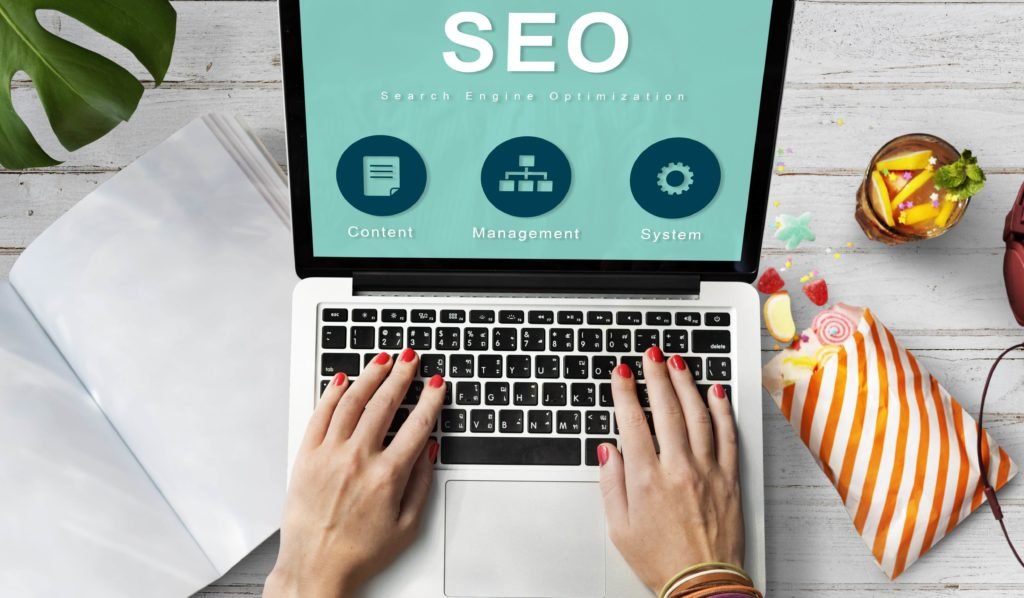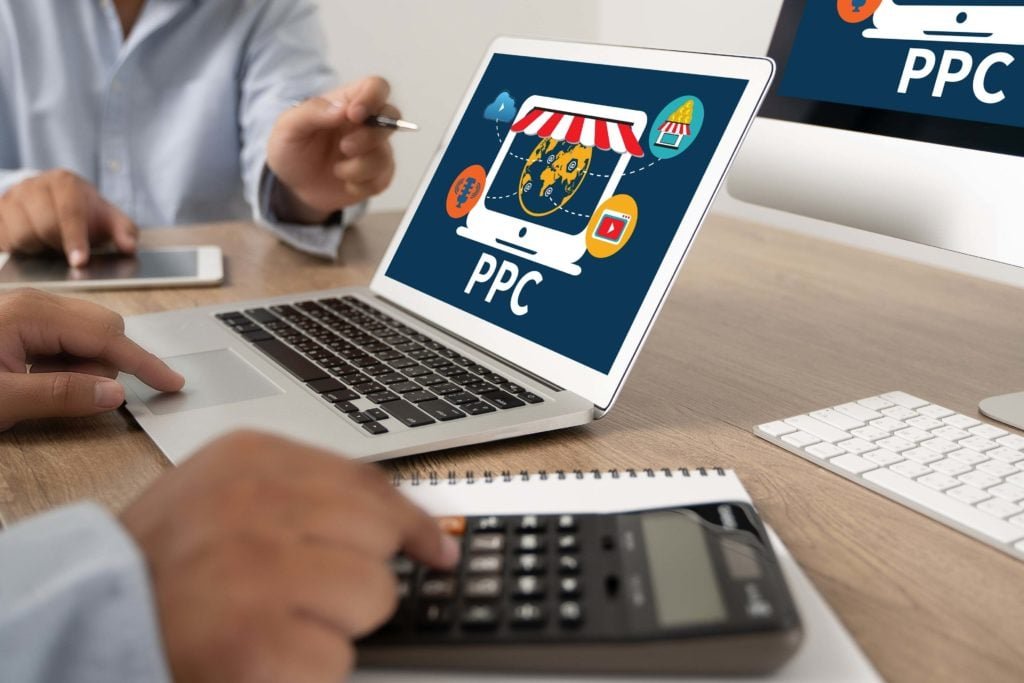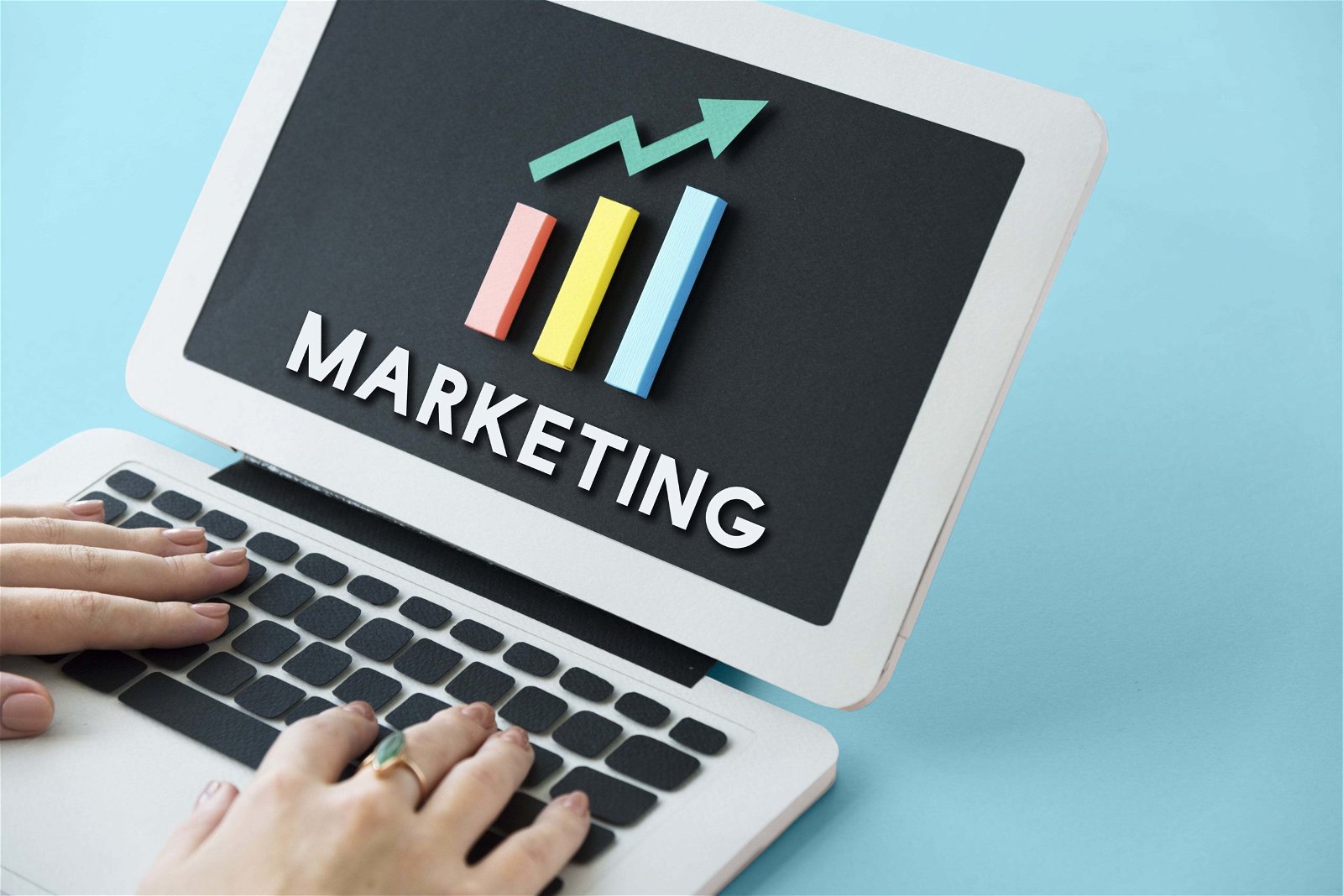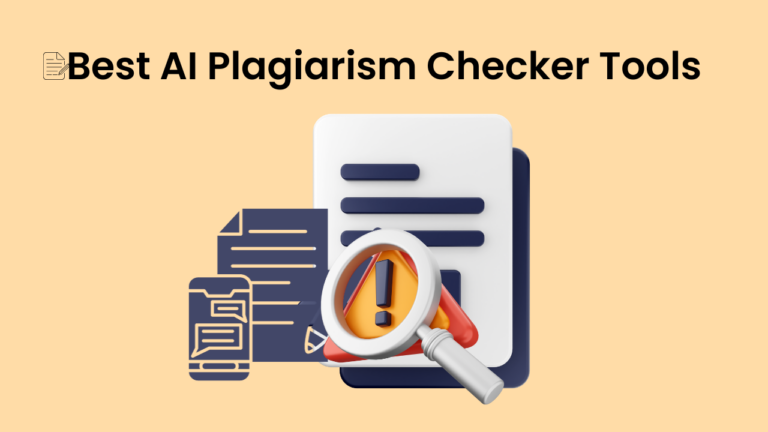When it comes time to advertise your company, you want to ensure that you are employing the most successful strategies available. Is this referring to paid marketing VS organic marketing?
Understanding organic marketing versus paid marketing is the difference between your company’s success and failure. So, if you’re trying to decide which one to use, or do a little bit of both, so, let’s start by getting to know about organic marketing.
Table of Contents
ToggleWhat is organic marketing?
Organic marketing is any type of digital marketing that does not use sponsored advertisements. It is most frequently associated with social media and content, including channels like video sharing, influencers, and SEO.
Organic marketing’s major aims are to connect emotionally with the target audience, win their trust, and develop long-term commercial connections. An organic strategy, in particular, focuses on creating awareness about your product or services.

Individuals arriving at a website by clicking on one of the links in Google or another search engine results is an example of organic marketing at work. Since visitors reach a website naturally through their actions rather than through paid advertising like PPC, we call Google search traffic organic traffic.
What is paid marketing?
Paid marketing involves firms paying a publisher to post advertisements for their company. The commercials are usually targeted at a specific audience and encourage a conversion route.
To attract visitors and potential consumers to the brand or website, paid marketing aims at organic marketing. On the other hand, Paid marketing does not rely on relevant content to attract an audience but instead relies on paid advertising to do it.

Many ecommerce practitioners are aware of the pay-per-click model through their interactions with search engines; however, while many sponsored social efforts will price on a per-click basis, the road to conversion may not be as clear as with search, if at all.
Difference between Paid marketing VS Organic marketing
| Criteria | Organic Marketing | Paid Marketing |
| Definition | Without the use of paid advertising, organic marketing entails boosting website traffic and creating and converting leads. It’s a long-term approach aimed at helping you raise brand recognition. Instead of presenting advertisements to your audience, you’ll position yourself as an expert in your area by giving them useful, informative information. | Paid marketing, often known as digital advertising, is any marketing approach in which a company targets potential consumers based on their preferences, intent, or prior contacts with the company. |
| Measurability | Without advanced GA expertise, SEO and surface-level indicators are difficult to correlate to actual ROI. | Ad metrics are pre-programmed, easy to understand and track. |
| Sustainability | Organic marketing is a never-ending trend. Once a webpage is established, it remains online indefinitely, steadily attracting visitors. | Paid advertisements run only if they are financed. It’s harder to justify advertising costs after budgets are depleted, or CPCs are too high. |
| ROI | Over time, organic marketing generates three times as many leads as sponsored search. | Paid marketing is more profitable in terms of ROI because organic marketing takes six months to demonstrate ROI, but paid marketing reveals it immediately. |
| Cost-effective | Organic marketing generates long-term ROI at a fraction of the expense of sponsored marketing, making it more cost-effective over time. | Paid advertising is more commercial, and they are also more reliant on non-seasonality and competition, both of which may be costly. |
| Level of ease | Organic marketing is less technical, to begin with, but it involves more long-term planning and flexibility to possible search algorithm adjustments. | Although some technical knowledge is necessary, setting up a sponsored ad campaign is simpler. It usually needs less personnel and less long-term planning. |
Paid marketing VS Organic marketing: which one to choose
The answer to this question depends on your needs, budgets, marketing strategy, and many more influential factors.
When to use Organic marketing
In creating brand value
Creating brand value is a long-term process, and many clients require many points of contact from your company before they are ready to make a purchase, and organic marketing makes that possible. You can spread the word about your firm, the products and services it provides, and what makes it unique in your sector.
Budget constraints
Organic marketing is less expensive, so it is the best option on the table if you have a limited budget for marketing. You just have to put your money into outstanding content that will organically attract viewers.
Creating evergreen content
When organic content is published on the Internet, it attracts traffic as long as it is relevant. This is referred to as evergreen content. As you grow your content collection, you’ll discover that you’re in a great position to keep drawing readers back to your website, which keeps your brand fresh in their minds.
The more relevant your content is for the reader, the more likely they will continue consuming it and form a long-term relationship with your brand.
Building trust and driving traffic
Organic marketing allows you to develop trust and authority for your company. Quality content that helps your readers build trust. An excellent organic marketing strategy may increase traffic and produce cold leads – individuals who are just learning about your brand. Organic traffic might attract visitors who would not otherwise notice your website and need persuasion before purchasing.
When to choose paid marketing
Creating brand awareness
Getting recognized in this competitive scenario becomes difficult. You can’t attract new clients since you don’t have any existing customers who can attest to your ability to keep your commitments. A paid marketing campaign may quickly broaden the reach and raise brand awareness.
Controlled and targeted marketing
With paid marketing, you ultimately have control over a wide variety of options for reaching out to potential consumers. This begins with the keywords or placements you select to target and how restricted you want to be.
This includes anything from targeting keywords with text advertising to remarketing ads based on prior actions or focusing on certain audience demographics on the display network.
Have to act fast
Sometimes we have to act fast and reach the customers before the competition. In such a case, Paid marketing is a great idea. Paid advertising is quick and straightforward to set up. The tools available on Google AdWords, Facebook, Instagram, and other ad platforms make getting started and earning impressions across devices incredibly simple.
Broadcasting on multiple platforms
When it comes to paid advertising, you have a multitude of alternatives to pick from, as well as several various campaigns to fit your every requirement. Find out which digital channels your key target audience uses while performing audience research.
Identify the platforms that provide paid advertising, and you’ll be well on your path to paid advertising success. Today, virtually all social media sites offer sponsored advertising, including:
Facebook
Instagram
Snapchat
Twitter
LinkedIn
YouTube
Conclusion
Finally, to develop a successful marketing plan, both paid advertising and organic marketing must collaborate when utilized in tandem. These two types of marketing balance each other out and allow you to cover all of your bases. When it comes down to it, the two just collaborate.
The advantages are numerous, the essential being that sponsored promotion will continue to function until the funds run out. On the other hand, organic marketing continues to thrive since it does not require financial backing to perform well.
Interesting Reads:
Social Marketplace Using Dokan, WC Vendors, or WCFM With BuddyBoss Platform
Free Elementor Templates for LearnDash Based Site With Wbcom Essential
BuddyPress Allow Users to Create Blog Posts From Frontend






